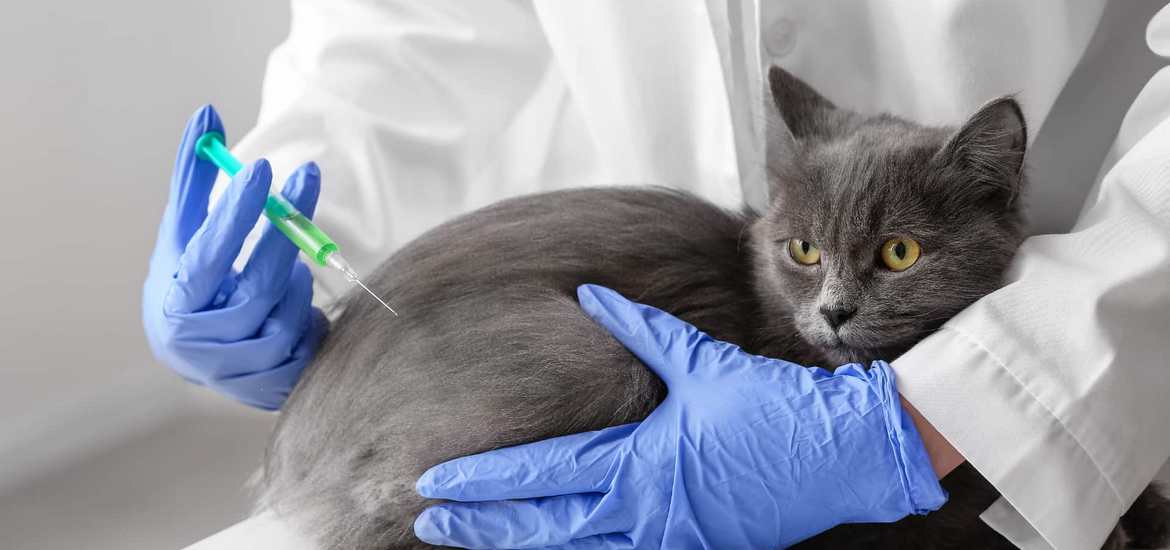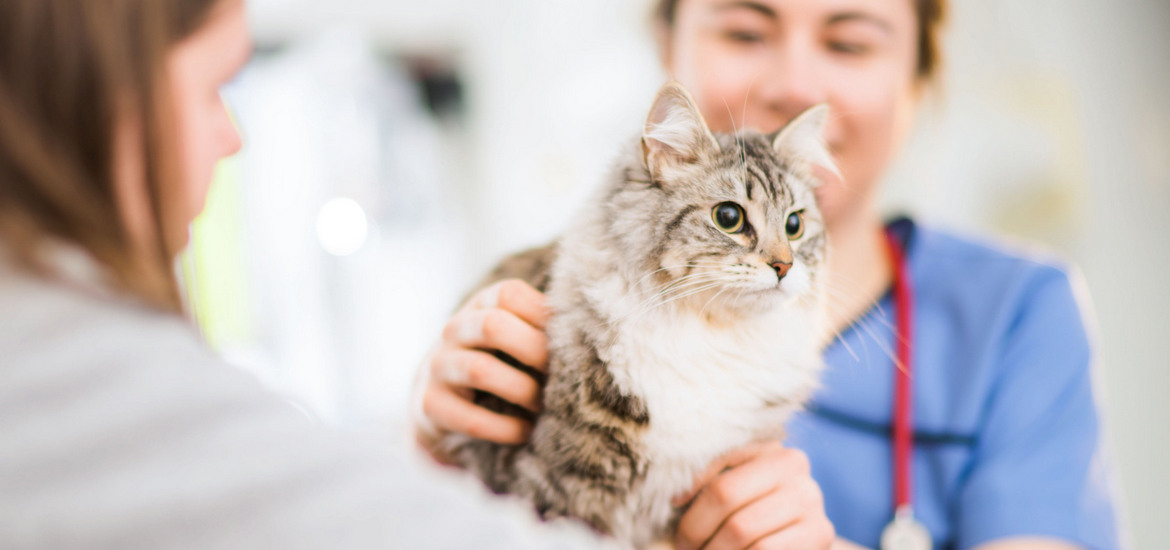Feb 27, 2023, 4:05 PM
The vaccination of feline pets is essential for their health and happiness. The only way to protect your pets from any potentially fatal ailments in the future is through vaccination. Some of these illnesses pose a serious risk of death and may present with distressing symptoms before the worst-case situation eventuates. Immunizations prevent infectious diseases in the individual cat and the larger cat community. A veterinarian will create a vaccination schedule depending on the possibility that your cat will be exposed to infectious agents and their health, lifestyle, age, and other factors. Basic immunizations are necessary for all cats. Depending on several criteria, cats in particular risk categories should receive the noncore doses strongly advised by a veterinarian. Thanks to the technological and medical advancements in this field and the contribution of global brands like Biogal- Galed Laboratories, diagnostic test kits, also known as Feline VacciCheck, are readily available from veterinary suppliers like Eurovets.

A feline calicivirus, herpes virus, and feline panleukopenia cause three dangerous, contagious, and common virus affecting cats. These infections are acknowledged to be exceedingly dangerous, contagious, and widespread. However, these diseases can be controlled by vaccination, which attempts to protect, prevent, and avoid transmission of infectious agents inside a single animal or in a community. Here's what you need to know about cat vaccinations.
Understanding The Risk and Dangers of URTD And FPV
Feline Panleukopenia (FPV)
Low white blood cell count is a symptom of FPV, a highly contagious disease that affects cats, particularly kittens. FPV causes substantial suffering and death in kittens and susceptible cats, with breeding catteries and rehabilitation shelters, particularly at risk. Since the virus persists for a long time in a polluted environment, transmission primarily happens through direct contact or indirectly.
Feline Upper Respiratory Tract Infections
Stressful surroundings or multicat households are particularly vulnerable to cat flu sickness, which can cause pain and even death. The most common diseases in cats are calicivirus and feline herpesvirus, which can spread by intimate contact through cat saliva, nasal secretions, and eye fluid.
Vaccination Challenges You May Face
Sarcoma At the Site of Cat Injection
As opposed to what was previously believed, FISS vaccines were elicited, such as those against FPV, FHV, and FCV.
Cats With Impairments
Cats with impaired immune systems, such as those with retrovirus infections or other non-infectious disorders, as well as those receiving immunosuppressive medication, may require avoiding vaccination.

Interference Caused by MDA
In some circumstances, high-titer maternally generated antibodies kittens may react to vaccines at 12 weeks of age or even up to 20 weeks.
Negative Reactions
Reactions could happen to cats. However, this is quite uncommon. It can be challenging to establish a cause-and-effect link because of the variety in reaction times and post-vaccination clinical appearances, especially with more persistent systemic reactions.
Lifesaving Advice on Cat Vaccinations
An in-clinic quick and easy serological test kit called Biogal Feline VacciCheck uses the ELIZA to measure the level of FPV, FCV, and FHV-1 antibodies in the serum:
- Evaluation of kitten protection after the initial round of vaccinations.
- Determining whether revaccination is necessary for adult cats, particularly cats with impaired immune systems.
- An assessment of the seroprevalence in stray cats.
- Controlling FPV epidemics in cat shelters.
A positive FPV*** test result suggests the cat is protected, whereas a negative test result means the cat has minimal immunity and should thus be revaccinated.
A negative test result for FCV or FHV*** would not always mean you are not protected.
Here Are Some Tips for Using the VacciCheck Titer Test
After immunization, check the antibody titer in kittens to look for non-responders because of: MDA, Genetic non-responders, and improper vaccine.
Before the initial core immunization series starts, titer levels of maternally derived antibodies (MDA) should be measured in kittens.
To minimize overvaccination, manage protection in cats with bad reactions, chronic illnesses, or advanced age.
